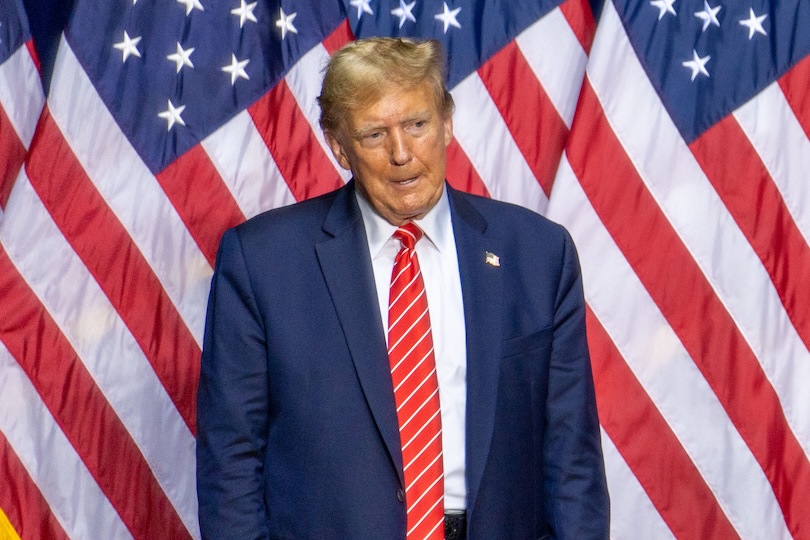Over the last twenty years or so, using a wide range of empirical data and drawing from the works of Andre Gunder Frank, Peter Gowan and world system theorists, we have produced a trilogy whose key tenet is that the American system of global imperial governance established in the 1940s has, since the end of the 1960s, entered a period of protracted, yet sustained, decline (Fouskas & Gokay, 2005; Fouskas and Gokay, 2012; Fouskas & Gokay 2019). The global financial crisis of 2007-08, along with the Eurozone crisis and the health emergency of the Covid-19 pandemic, further transformed the Euro-Atlantic area into a hotbed of perpetual crisis. The United States’ proxy war with Russia over Ukraine, which provisionally united Euro-Atlanticism behind the façade of an antiquated Cold War policy of NATO expansion, did little to reverse the economic decline of the USA. On the contrary, it increased the United States’ deficits (domestic and international), devastated the European, especially German, industry, and widened the fissures within NATO. To put it bluntly, the factors that pulled the United States and the Western world as a whole out of the stagflation of the 1970s, chiefly under the aegis of the American-led policy of neo-liberal globalisation, have lost their propulsive force. This approach no longer works, especially for Europe and the United States.


